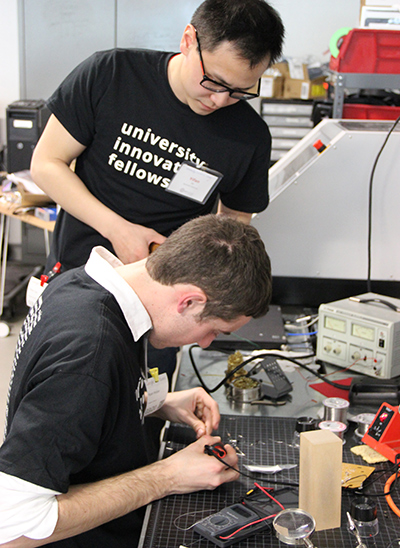We asked University Innovation Fellows how universities can benefit from having students take part in the maker movement. Here’s what they had to say.

Last week, the maker movement gained a high profile supporter. On June 18, 2014, President Barack Obama proclaimed the day a National Day of Making, and hosted the first-ever White House Maker Faire, which featured makers, innovators and entrepreneurs of all ages.
Long-time supporters of the maker movement, Epicenter’s University Innovation Fellows have been working at schools across the country to help engineering students and their peers adopt an entrepreneurial mindset to bring their ideas to life. These Fellows are bringing elements of the maker movement to universities: they are founding student maker and invention spaces, creating innovation clubs, and helping their peers discover the connections between STEM education and entrepreneurship.
We asked our Fellows: How can universities benefit from students joining the maker movement?
“Too often, students leave universities without the ability to demonstrate what they've learned. They know, but can't show. This leaves many questioning the value of college. By joining the maker movement, students learn to use tools and skills that can bring their ideas to life.”
Benjamin Riddle, University Innovation FellowHuman Centered Design major, Furman University
"Let's take a moment and think: what is a university? It's not only a place for extreme learning, a place for mentorship, or a place for finding one's path; it's for success of the educational standard that we in the United States of America have set. How can we meet such a standard? We must push our students to be that driving force. By putting students in the role of innovators and researchers, we take our learning and create new things out of the knowledge we gain. By giving students a place in the maker movement, they become the leaders of our next generation, one that has followed some of the greatest innovators and researchers known to earth. Universities are able to give their students a purpose for learning that not only propels the institution but the U.S. as a whole."
Caleb Carr, University Innovation FellowBio-Medical Physics major, University of Colorado Denver
“From the onset, students go to universities thinking they are going to graduate and get a job that pays well and has good benefits. Let's change the conversation to consist of what options are out there: You can graduate and get a job to make a product 10% better each year. Or you can go out there and be a problem solver from day one and create a solution that is 10-fold better than anything else out there. To get there you have to start thinking out of the box. Don't be afraid to tinker and fail.”
Rob Salamon, University Innovation FellowMechanical Engineering major, University of Wisconsin - Milwaukee
“By joining the maker movement, students are taking control over how they learn. The best way to learn is to learn by doing and making mistakes. Reflecting on these mistakes and experiences will create stronger, more confident students. Universities will benefit in many aspects, from having a more engaged student body to graduating students with the practical skill sets needed to be successful in today's world.”
Katie Dzugan, Program Associate, University Innovation FellowsFormer University Innovation Fellow, MBA, Southern Illinois University Carbondale
The University Innovation Fellows program is run by the National Center for Engineering Pathways to Innovation (Epicenter), a National Science Foundation-funded center directed by Stanford University and the National Collegiate Inventors and Innovators Alliance (NCIIA). Learn more about the Fellows at epicenter.stanford.edu/university-innovation-fellows.


